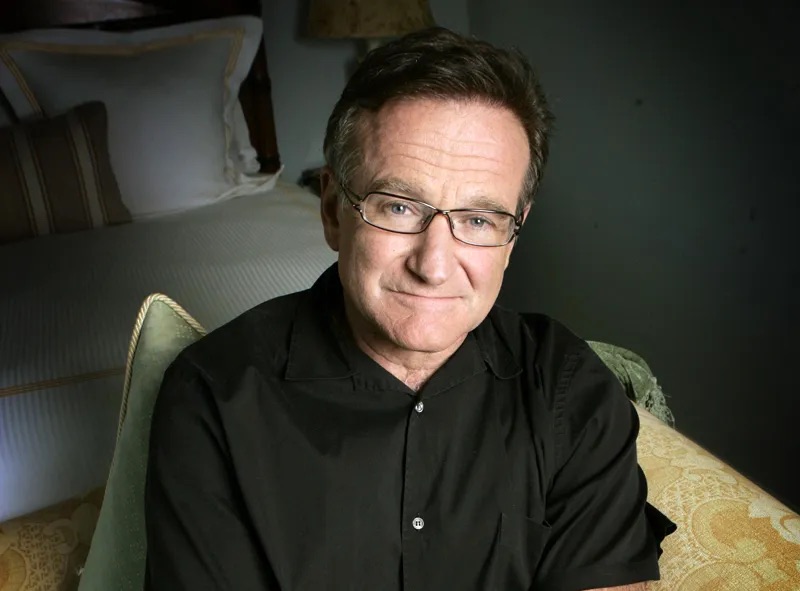BROOKLINE, Mass. (PulseWire) — For the past several years, 75-year-old Miguel Laboy has smoked a joint with his coffee every morning. He often wishes to break this routine, but finds himself unable to avoid lighting up.
You know what bothers me? To have cannabis on my mind the first thing in the morning, he laments, taking a puff in his Brookline apartment. I’d like to get up one day and not smoke. But you see how that’s going.
The shift in habits reflects a broader trend in the U.S., where daily cannabis use has surpassed that of daily alcohol consumption, marking a significant cultural change amid the commercialization of marijuana. Researchers note that the introduction of high-potency vapes and concentrates has contributed to a hidden epidemic of cannabis dependence.
Despite alcohol's longstanding prevalence, the rise of more potent cannabis products poses new challenges for users like Laboy, whose initial therapeutic use has morphed into dependency. Doctors are increasingly voicing concerns over the unclear boundaries between medicinal use and addiction, particularly as some users highlight the difficulties in quitting. Many, like Laboy, who turned to marijuana to cope with anxiety or depression, find themselves ensnared in a cycle of consumption that they are unaware of until it's too late.
These days, I carry two things in my hands: my vape and my cellular — that’s it, Laboy admits, reflecting on his drastic shifts in substance use since retirement. Cannabis, which once helped with various previous struggles including ADHD and traumatic life events, now clouds his memory and dampens his motivation.
Further complicating the narrative, doctors have warned that high-potency cannabis use can significantly affect mental health, leading to symptoms like brain fog and deeper emotional distress. Laboy’s journey is indicative of a larger movement among users who recognize both the benefits and burdens of cannabis use.
The story poses critical questions about cannabis addiction and the approaching solutions sought. Many users like Kyle, a 20-year-old college student, find relief in marijuana for anxiety, but face deteriorating cognitive function. At the same time, individuals such as Anne Hassel invest in their recovery finding strength outside the grips of their previous dependencies.
Experts in the field, such as Dr. Kevin Hill from Boston, assert that education is pivotal moving forward. They urge for a balanced conversation regarding cannabis use emphasizing informed decision-making over prohibition, as the risks potentially outweigh the benefits for many users. A community persists in seeking understanding and recovery from what some classify as an epidemic of dependency.
You know what bothers me? To have cannabis on my mind the first thing in the morning, he laments, taking a puff in his Brookline apartment. I’d like to get up one day and not smoke. But you see how that’s going.
The shift in habits reflects a broader trend in the U.S., where daily cannabis use has surpassed that of daily alcohol consumption, marking a significant cultural change amid the commercialization of marijuana. Researchers note that the introduction of high-potency vapes and concentrates has contributed to a hidden epidemic of cannabis dependence.
Despite alcohol's longstanding prevalence, the rise of more potent cannabis products poses new challenges for users like Laboy, whose initial therapeutic use has morphed into dependency. Doctors are increasingly voicing concerns over the unclear boundaries between medicinal use and addiction, particularly as some users highlight the difficulties in quitting. Many, like Laboy, who turned to marijuana to cope with anxiety or depression, find themselves ensnared in a cycle of consumption that they are unaware of until it's too late.
These days, I carry two things in my hands: my vape and my cellular — that’s it, Laboy admits, reflecting on his drastic shifts in substance use since retirement. Cannabis, which once helped with various previous struggles including ADHD and traumatic life events, now clouds his memory and dampens his motivation.
Further complicating the narrative, doctors have warned that high-potency cannabis use can significantly affect mental health, leading to symptoms like brain fog and deeper emotional distress. Laboy’s journey is indicative of a larger movement among users who recognize both the benefits and burdens of cannabis use.
The story poses critical questions about cannabis addiction and the approaching solutions sought. Many users like Kyle, a 20-year-old college student, find relief in marijuana for anxiety, but face deteriorating cognitive function. At the same time, individuals such as Anne Hassel invest in their recovery finding strength outside the grips of their previous dependencies.
Experts in the field, such as Dr. Kevin Hill from Boston, assert that education is pivotal moving forward. They urge for a balanced conversation regarding cannabis use emphasizing informed decision-making over prohibition, as the risks potentially outweigh the benefits for many users. A community persists in seeking understanding and recovery from what some classify as an epidemic of dependency.

















